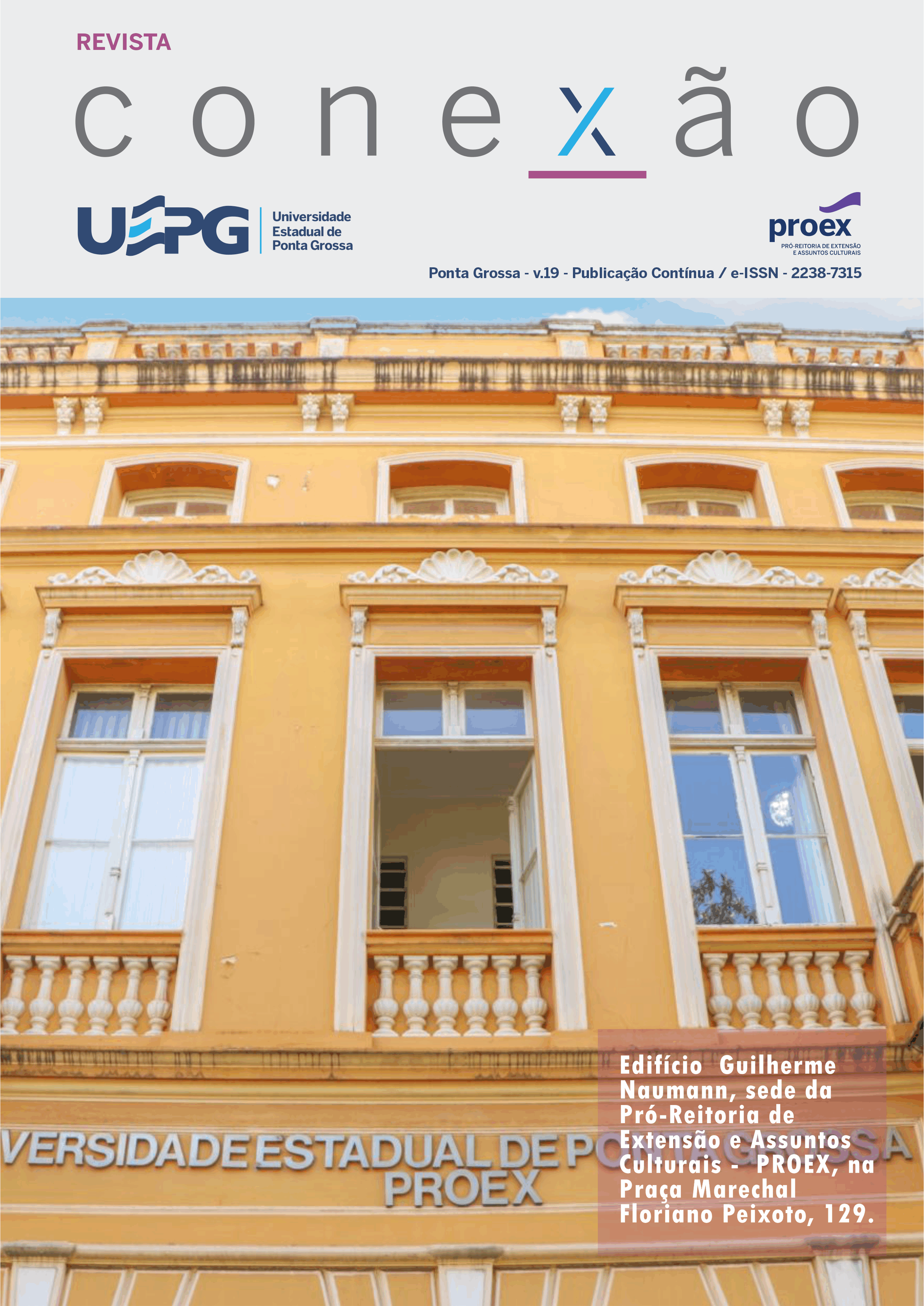HEMATOLOGIA: MANEJO DE AFECÇÕES NA ATENÇÃO PRIMÁRIA
DOI :
https://doi.org/10.5212/Rev.Conexao.v.19.22471.052Résumé
Como médicos da Atenção Primária à Saúde pública de Natal/RN encaminham afecções hematológicas e quais suas temáticas de interesse foram perguntas de pesquisa avaliativa descritiva da extensão Blood. Assim, dos 21 médicos participantes: 52,38% eram servidores efetivos, 90,5% possuíam pós-graduação e 66,66% tinham experiência prévia em outros serviços de saúde. Quanto às demandas hematológicas nos últimos 12 meses, 57,1% foram resolvidas na própria unidade de atuação e 52,4% foram encaminhadas por coerência aos critérios para este fim; 61,9% relataram dificuldade para encaminhar pela configuração da Rede de Atenção à Saúde em si. Afirmaram interesse em oficina de atualização 95,24%, com os temas: doenças onco-hematológicas, distúrbios hemostáticos e anemias. Os resultados sugerem insatisfação com a organização da rede de saúde do município, em particular, quanto ao encaminhamento e à devolutiva de avaliação por especialista hematologista. O diagnóstico situacional viabilizado por este estudo evidenciou a contribuição social das ações de extensão.
Palavras-chave: Hematologia; Encaminhamento; Educação Permanente; Atenção Primária à Saúde; Relações Comunidade-Instituição.
Téléchargements
Téléchargements
Publié-e
Numéro
Rubrique
Licence

Cette œuvre est sous licence Creative Commons Attribution 4.0 International.
a) Os autores mantêm os direitos autorais e concedem à revista o direito de primeira publicação, com o trabalho simultaneamente licenciado sob a Creative Commons Attribution License que permite o compartilhamento do trabalho com reconhecimento da sua autoria e publicação inicial nesta revista.
b) Ao submeter um artigo à Revista Conexão UEPG e tê-lo aprovado os autores concordam em ceder, sem remuneração, os seguintes direitos à Revista: os direitos de primeira publicação e a permissão para que a Revista redistribua esse artigo e seus metadados aos serviços de indexação e referência que seus editores julguem apropriados.
c) Os leitores são livres para transferir, imprimir e utilizar os artigos publicados na Revista, desde que haja sempre menção explícita ao(s) autor (es) e à Revista Conexão UEPG e que não haja qualquer alteração no trabalho original. Qualquer outro uso dos textos precisa ser aprovado pelo(s) autor (es) e pela Revista.

Este obra está licenciado com uma Licença Creative Commons Atribuição 4.0 Internacional.





